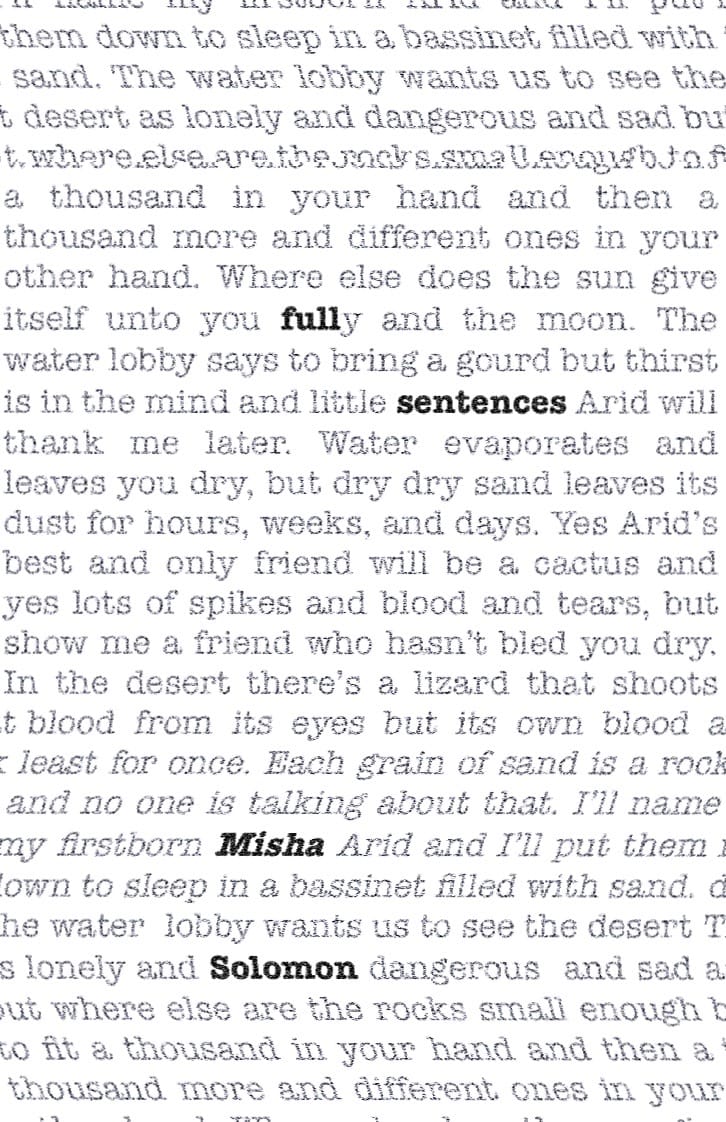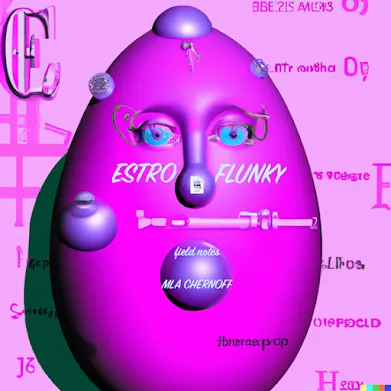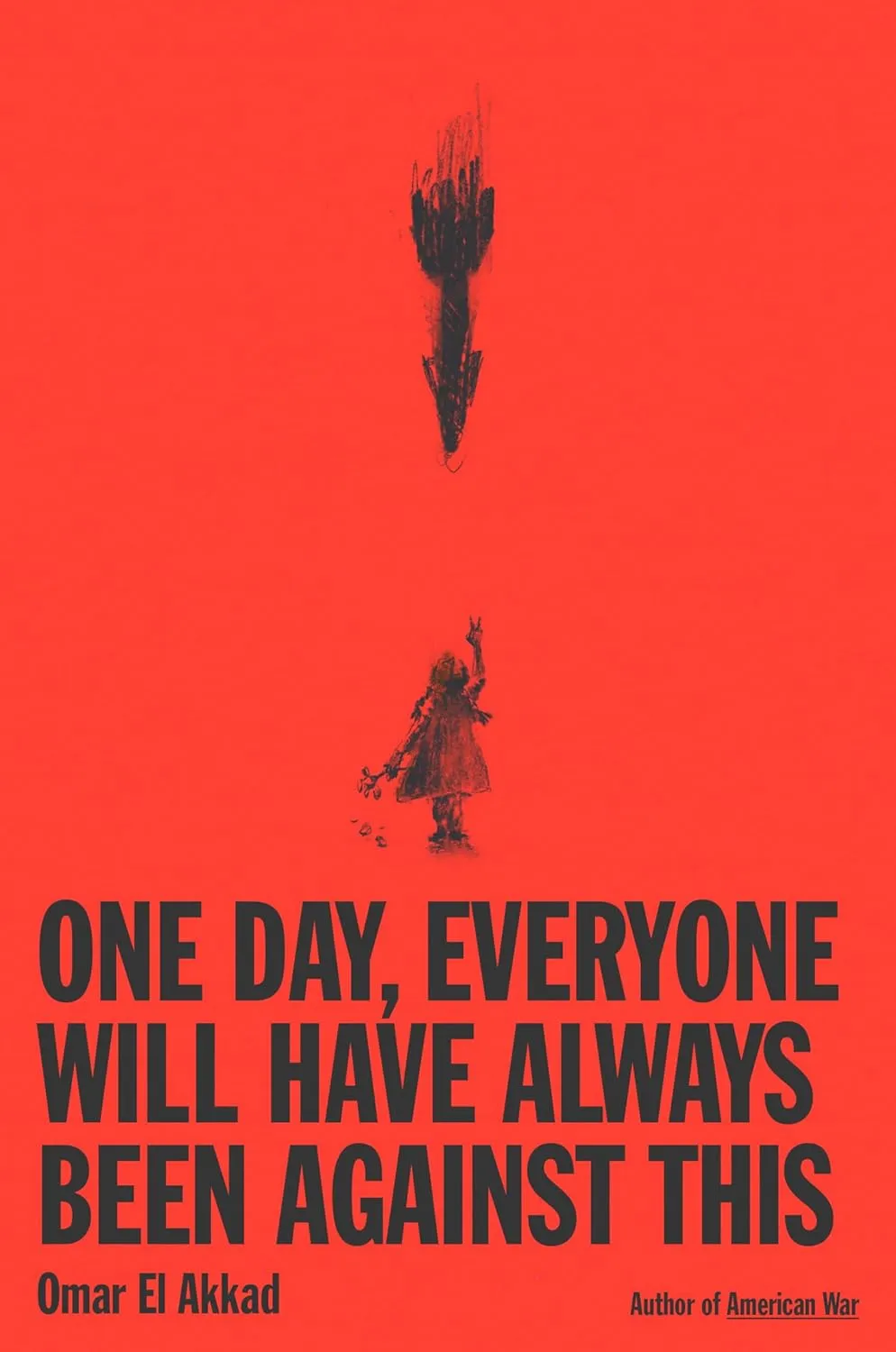Misha Solomon, Full Sentences
A fluid interplay of satire, literary devices, facetiousness, darkness, memory, imagination, and implication.

Misha Solomon has awesome energy. I first encountered him at a Montreal reading for Sarah Burgoyne’s launch of Mechanophilia where he read, as well as Sarah and Bridget Huh, Stuart Ross hosting.
I got home that night and wrote in my diary “God, I’ve gotta write more poems.”
Misha’s reading of “I’m a hole / I’m a pole / My great-grandmother was a Pole,” which appeared in Best Canadian Poetry 2024 ed. Bardia Sinaee, gave such a Jesse Eisenberg vibe, well before the premiere of A Real Pain, only realer and funnier.
So when I caught him at the launch for Jessi MacEachern’s Cut Side Down the other night, and he put the bug in my ear to reach out to our mutual publisher James Hawes at Turret House Press for a copy of his work, I couldn’t possibly say no.
After the reading, he and Jessi were matter-of-fact that I was reviewing the entire back catalog of the press, as well as the entirety of rob mclennan’s above/ground press.
Then, aloof as I entered, I left, coasting out into the night to stroll through my old neighbourhood and past my pre-pandemic employer on the way home.
I reached out to James and picked up Misha’s Full Sentences last week before the long weekend.
The chap was published by Turret House Press in 2022 and the cover art was done by James. It shows a wall of text up-close, with the title appearing in bold among the jigsaw puzzle of greyed out verbiage up top, author name down below.
The poems are few but dense, a certain sort of fashion statement in a world of contemporary Canadian verse where minimalism, erasure and white space have long reigned supreme. Prose poems, too, but not as predominantly, from my point of view.
In other words, a welcome respite from the abundance of sparingness present in poetics today, and hence the name, of course, too.
The first poem is immaculate. Where to even begin?
These are poems engaged in memoir, autobiography, and imagined selves that expand more than they reduce, potentiate more than they mitigate, queering the self through constant engagement with identity in a multitude of dizzying centripetal perspectives.
I will quote the second poem in full, because it is one paragraph instead of four:
Solitude and the Desert
I’ll name my firstborn Arid and I’ll put them down to sleep in a bassinet filled with sand. The water lobby wants us to see the desert as lonely and dangerous and sad but where else are the rocks small enough to fit a thousand in your hand and then a thousand more and different ones in your other hand. Where else does the sun give itself unto you fully and the moon. The water lobby says to bring a gourd but thirst is in the mind and little Arid will thank me later. Water evaporates and leaves you dry, but dry dry sand leaves its dust for hours, weeks, and days. Yes Arid’s best and only friend will be a cactus and yes lots of spikes and blood and tears, but show me a friend who hasn’t bled you dry. In the desert there’s a lizard that shoots blood from its eyes but its own blood at least for once. Each grain of sand is a rock and no one is talking about that.
This poem is a premise, almost an elevator pitch, only the elevator has been stuck between two floors for two minutes and you’re just waiting for the fire department to arrive so you nod your head solemnly in agreeance.
But in a much less speculative tone, it speaks to an allegory. The symbolism of the desert. And it speaks to a challenging discourse surrounding millennial adulthood, how hard is it to keep friends?
I was spending time with old roommates over the weekend myself and one of them offered this handy social diagnostic: if you’d go on a vacation with them, you’re still friends; if not, you’ve drifted apart.
So I like this hypothetical child Arid and the anti-allegorical implications of their existence: “The water lobby wants us to see the desert as lonely and dangerous and sad” could very much be a stand-in for cishet masculinity rhetoric, à la male loneliness epidemic (which is fakakta, if I may borrow a word). The desert is not masculinity anymore than the desert is lonely, dangerous, and sad; the solution? Name your offspring Arid and fill them with sand instead of water. Problem solved.
Facetiousness is a bad cop-out on my part. I will offer this though: this poem says enough to get what it has to say, without me teasing everything apart through the lens of my limited worldview.
More overarchingly, however, this is the landscape Misha has committed to dealing with through his work. A fluid interplay of satire, literary devices, facetiousness, darkness, memory, imagination, and implication. I sense a hint of a judgy tone but it is as playful as it is judgmental, which is not to say it’s tongue-in-cheek.
Each poem opens on a completely different subject:
Analytics Frameworks
The thing about Jews is, we’re obsessed with Persian rugs [...]
This poem mentions Poland, so it’s obligatory for me to say: Poland mentioned! But I’ll cut to the chase, which is the coda:
I’ve lied about the friends and lovers. I brought but two lovers back to that room and neither cared to comment on its sparseness.
I’ve lied about the Polish bubby. I have no recollection of what the Maritime Jew said to me about his bubby. He talked about her at length, but I was preoccupied by the novels of Edmund White.
This collection of prose poems works in a way like a set of frame stories, not resolutely dissimilar from how they’re used in One Thousand and One Nights, if, instead of being heralded as representative of the Islamic Golden Age, they were written by a queer Polish-Canadian Anglo in Montreal. Unlike elder literary queers of the city, such as Peter Dubé and Jean-Paul Daoust, however, Misha Solomon combines bombast, irony, and narrative in a way that intimates at the same time it sets you up to dissociate.
Just like the “my great-grandmother was a Pole” poem that first drew my attention to him, we are spun a tale so speculative and exploited for its associations that at one point, we’re no longer talking about his ancestors abroad but the fact that a penis is a type of pole with a hole and if you really think about it, everything is everything, and nothing means anything once you look at it enough.
But in a way where you know he doesn’t believe his own bullshit, it’s a device, it’s a speaker of the poem type situation, that gains an interpretive layer through creating distance in a way as though to say “wait till you hear what I have to say next,” that Misha Solomon makes it impossible not to smile and listen in.
I see a struggle in Misha Solomon’s work to dispel any myths built up around queer authorship, too. A part of me wonders if he doubts his accomplishments, but I see in him something undeniably determined to stand his ground against being put into a box. If there’s an author who’s aware of how quick people are to label authors as queer plus this or that and move on, I would say Misha certainly gets this. It’s probably why each poem bears this strong facetious streak. These poems are designed with a craftsmanship unapologetic about revealing every layer of their inner structure, almost as a critique of rhetoric and devices themselves, while simultaneously not wholly breaking from the convention that makes them productive, potent tools for literary creation.
How much is really being said in a poem at the end of the day? How much is between the lines and how much is illusory? I think this is the reviewer’s challenge as much as the poet’s. But I firmly believe in the whole being greater than the sum of a poem’s parts.
Some poems are just plain, good ol’-fashioned fun, like the poem beginning page 12 titled “Post-modernity is of course a euphemism for internalized homophobia,” which I think sums up most of North American literature of the past 200 years, too.
Why do you think the shorthand for major American publishers is called “The Big 5”? It’s how you use it, guys.
Towards the end of the book, Solomon has a line that reminds me of bill bissett. Unsurprising, he thanks Sarah Burgoyne in the acknowledgements in the back of the book. Totally.
I hope that sums up Misha Solomon in a respectful way that gives you something to go off of. I can’t wait to review the next one.
The only thing I am dissatisfied with in closing this commentary is that I don’t know how to explain why I find Misha Solomon so funny. So more than just imploring into the void, I’ll suggest this: find a chance to see him read. As a treat. Thanks for reading.
Bibelotages Newsletter
Join the newsletter to receive the latest updates in your inbox.



